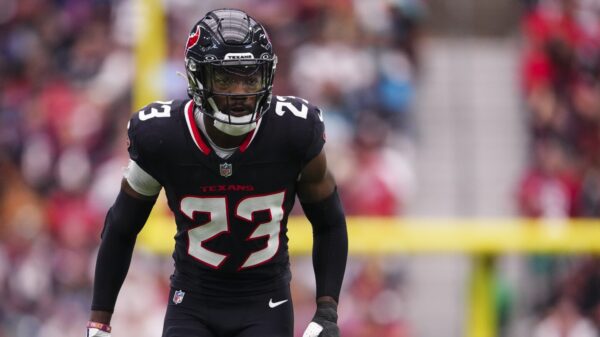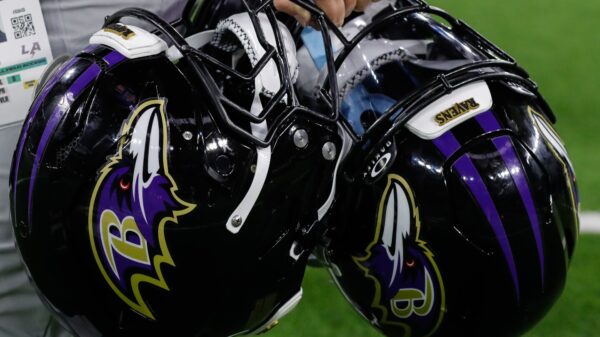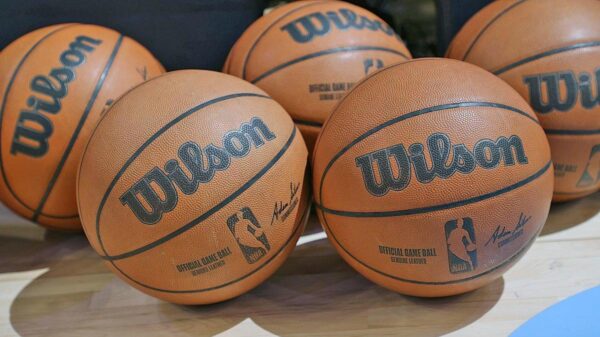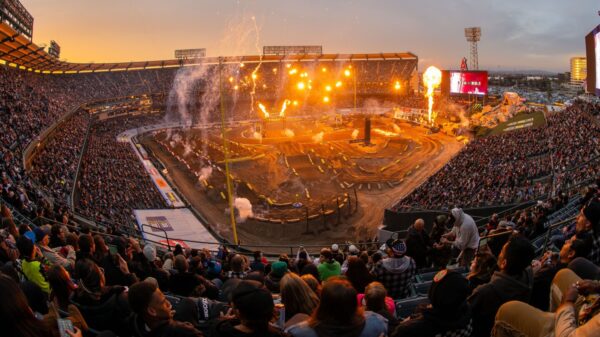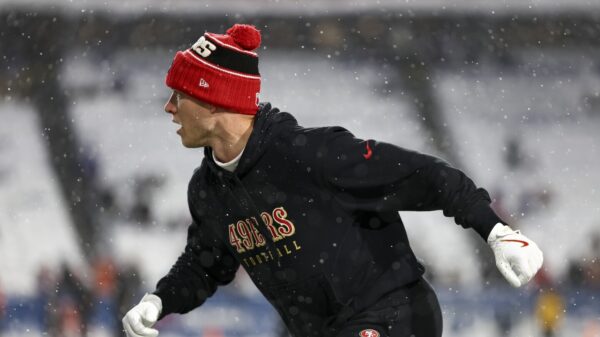What is up with NFL kickers?
We know they’re booming field goals through the uprights from 50- and 60-plus yards like never before, but it feels like they haven’t been nearly as accurate as in years past.
Misses on key kicks in Week 11 — most namely by Ravens legend Justin Tucker and the usually reliable Evan McPherson during the Bengals’ valiant comeback effort on “Sunday Night Football” — sent me down a rabbit hole.
I felt compelled to discover if the unsteady kicker perception this season matched reality in the stat book.
And here’s what I found.
Based on the most recent five-year sample, including 2024, overall field-goal make percentage is essentially unchanged, right around 85%. I even went back a few years before that, and the overall make percentage has typically been right in that range.
But take a look at the shorter, 40-49 yard attempts this season compared to the other years.
|
2024 |
76.9% |
71.7% |
84.9% |
|
2023 |
79.6% |
68.6% |
85.9% |
|
2022 |
80.4% |
68.7% |
85% |
|
2021 |
77.6% |
65.9% |
85.1% |
|
2020 |
80.5% |
63% |
84.5% |
As expected, the 50-plus yarders have become more routine. That 71.7% was the highest in at least the last 10 years, and I assume the highest make rate in NFL history.
But on those 40-49 yarders, there’s been a clear dip this year from the past few seasons. And on 175 attempts, that nearly 3% decrease is a sizable dropoff.
Also, I’ve noticed more missed kicks in crunch time, starting in the fourth quarter. And check those field-goal make rates over the past five years.
|
2024 |
80.2% |
|
2023 |
86.7% |
|
2022 |
84.9% |
|
2021 |
85.8% |
|
2020 |
82.2% |
Another, even more strikingly noticeable difference in 2024. Whether it be a cumulative feeling of pressure on these kickers, or something completely unrelated, these stronger-legged field goal kickers have not been as reliable in the final quarter of games through Week 11 (before “Monday Night Football”).
But I wanted to dig a little deeper.
How about in the final five minutes of the game? How have kickers performed in what truly is crunch time? I let recency bias guide me to this search, with McPherson missing within that time frame and Cairo Santos getting a kick blocked on the final play in the Bears’ loss to the Packers on Sunday.
And here are those numbers:
|
2024 |
80% |
|
2023 |
83.8% |
|
2022 |
80.1% |
|
2021 |
87.5% |
|
2020 |
81.3% |
This season is almost identical to 2022 and not distantly far from 2020. But nonetheless, the 2024 campaign to date represents the lowest field-goal make rate in that crunch-time scenario over the past five years.
And this season — in the second half, with a chance to tie or take the lead — kickers have made just 79% of their kicks, which is the lowest rate since 2020, when they collectively converted on 76.4% of such kicks.
Why’s this happening? Hard to pinpoint why shorter kicks would be missed at a higher rate. Kind of defies logic, frankly. My guess stems from the game of golf. The faster you swing your driver, the further you’re attempting to hit it, the less likely you are to hit the fairway.
Kickers are “hitting fairways” more than ever before on longer kicks, but it’s not as though they’re kicking with less boom on, say, a 47-yarder than a 52-yarder.
Aligned with today’s paradigm shift off the tee in professional golf, kickers are now seemingly willing to sacrifice a touch of accuracy to gain the ability to get the ball through the uprights from further distances. That cross-sport analogy is the best theory I can conjure.
Whatever the reason, the fact is, NFL kickers haven’t been as reliable in critical situations — and even on shorter boots — this season, and it’s become one of the largest storylines in football that has had a drastic impact on the standings for a handful of teams.
Read the full article here



